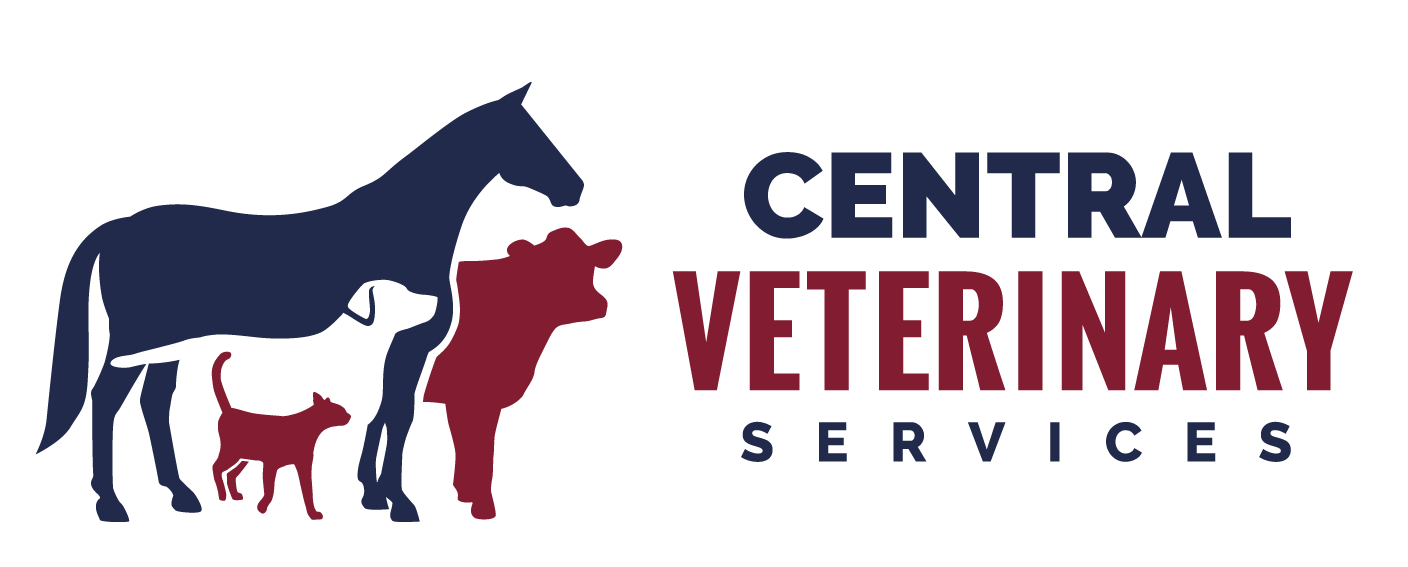NUTRITION
The role of diet and nutrition is often overlooked in our pets, each animal is unique, and there is no “one size fits all” diet that can accommodate the broad and varied requirements of our beloved companions. Diets will differ based on the life stage of the animal (development, adult, senior), dietary restrictions, medical conditions, and financial considerations. Often overlooked when we are considering environmental enrichment, diet can absolutely play a part in keeping your pet’s life interesting. Understanding the importance of diet is the key to a long and happy life.
Analyzing the diet is also important when we are looking to manage and treat many diseases in our pets. Ongoing research and development is allowing us to better treat a variety of medical conditions with specific diets including obesity, kidney disease, urinary tract disease, allergies, gastrointestinal disorders and arthritis.
The market for diets is often driven by labelling and advertising and it is important to educate yourself on how to look past the marketing ploys and be able understand what information should be included on a pet food bag, and to make sure the information there is describing a diet that is right for your pet. The WSAVA Global Nutrition Committee has put together an important list of questions that the manufacturer of a brand of pet food should be able to answer – if they cannot or will not answer these questions, it is a huge red flag about their manufacturing process and potentially the quality of their diets. You can find these questions here.
We will routinely discuss your pet’s diet during wellness exams, and will recommend any changes that may be indicated based on your pet’s health (more or less calorie dense, higher or lower protein for example). This is also the perfect time to bring up any questions you may have about your cat’s diet! We will always do our best to give you unbiased and truthful information regarding the variety of diets available to your pet.
Click below for additional resources:
